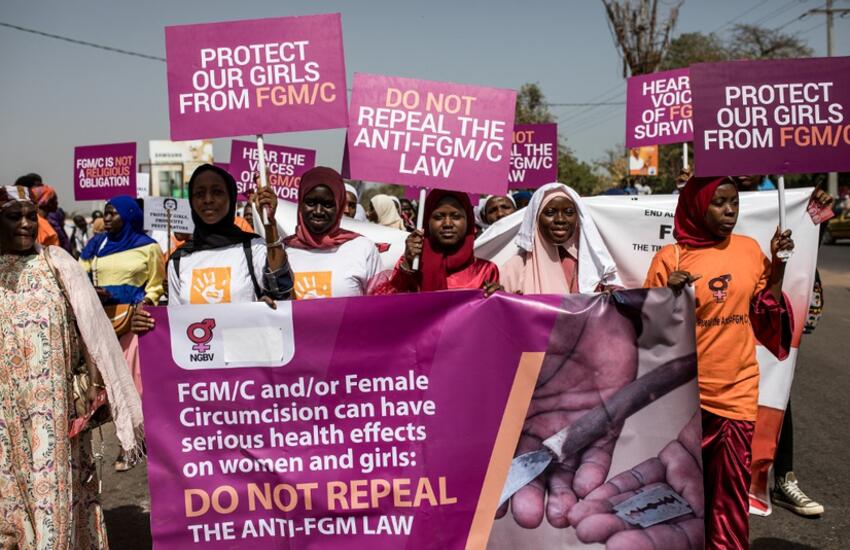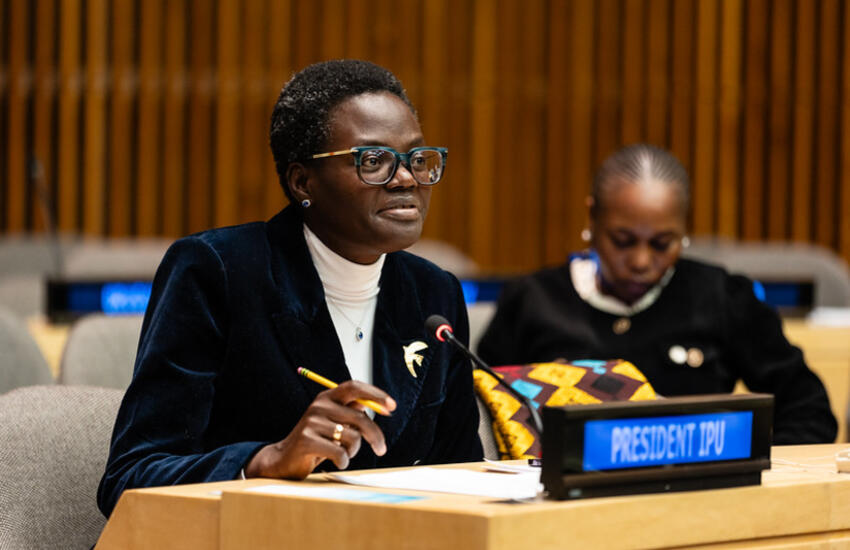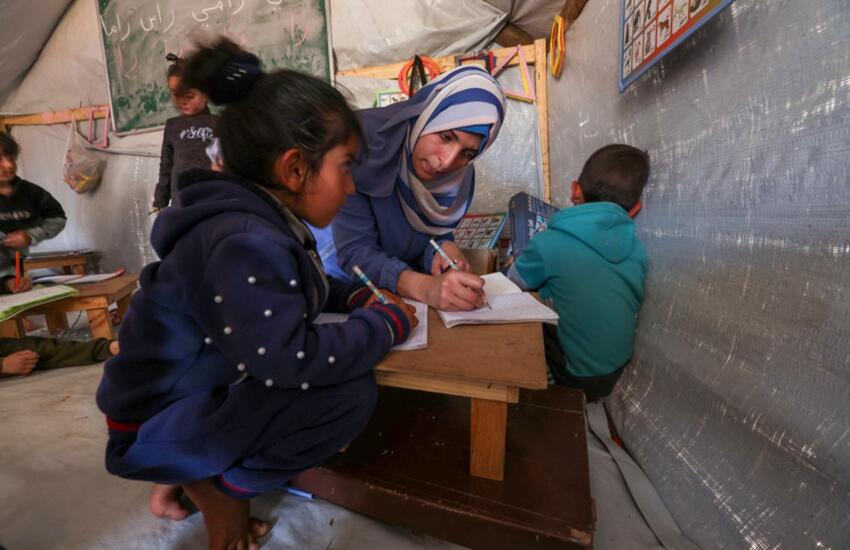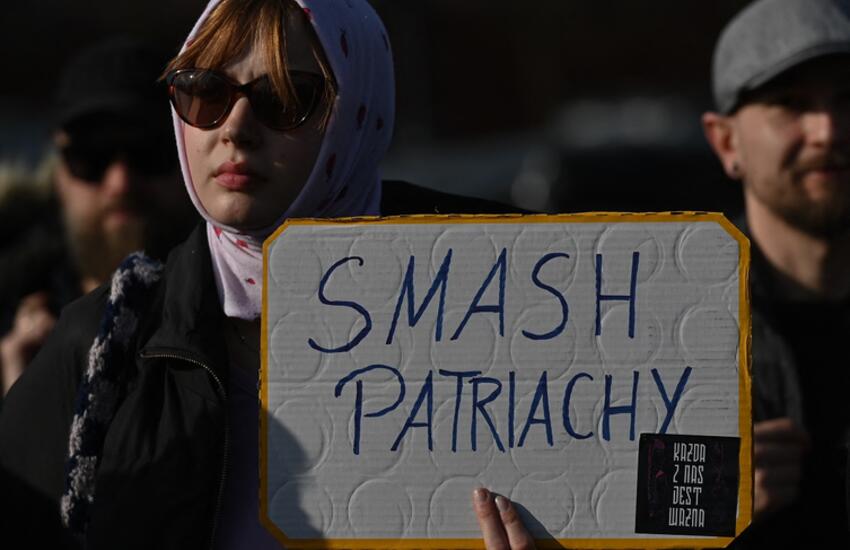Safia Al-Suhail lost her father to political violence in 1994, but has taken his legacy forward by fighting for equal rights for men and women in modern Iraq. Much of her work is focused on human rights. This is an edited version of an iKNOW politics interview conducted on 22 February 2013.
Please tell us about the beginning of your career in politics.
I was one of seven sisters. My father was one of the Iraqi opposition leaders and worked in politics for many years. He then moved into self-imposed exile in Jordan. He was assassinated in 1994.
Although my father was an Iraqi tribal leader, he never discriminated against women. He was keen that we were educated and he encouraged me to write in the media and participate in political discussions, especially since our home in Jordan was a meeting place for the Iraqi opposition.
I continued to participate in political meetings after his assassination. My contributions were always centred on the importance of women's genuine political participation.
Sometimes, I was alone in these meetings and I have always had independent opinions. My message was that the new Iraq should be built on the principle of equal participation by men and women.
I returned to Iraq in 2003 where I attended the first meeting of the Iraqi political factions. My contribution then was to say that Iraqi women represent 60% of the population and that we will not accept anything less than full partnership during the transitional period and beyond.
What were the challenges that you faced as a woman in a leading position on the political scene during the (post-Saddam Hussein) rebuilding phase in Iraq?
The most important challenge I had to face was the quota system that the Iraqi political factions adopted to determine who could assume responsibility in various ministerial and political posts.
Governments formed since 2003 have all been based on alliances between different political parties, based on their weight. When a government is formed according to political compromise, its composition depends on the choices made by the different political parties. These parties give precedence to leaders, who are mostly men, and as no woman would be on the top of a party or coalition list, women are not nominated to prominent positions.
More than once, I have been offered the position of State Minister for Women's Affairs, but as a woman politician with a long track record in politics, I feel I can participate in the decision-making process and am entitled to assume different ministerial offices. This is not to belittle the importance of the ministry of women's affairs but I refuse to accept the confinement of women to specific issues and posts. This is to safeguard women's rights and a statement that women are real partners in the political process.
What do you feel are your most important achievements throughout your political career?
I have dealt with many human rights issues—mostly women's rights—and I have focused my contributions in parliament on the issue of justice, in particular for the families of war victims and martyrs. I organised the first conference of Iraqi women in Iraq after the fall of the Saddam regime.
Why have you avoided joining any political parties?
The reason I'm not a party member is that according to my experience, there is no liberal party truly embracing freedom of thought. Being independent is difficult but belonging to a party that does not represent my views about the civil state is also difficult.
What are your future plans?
I intend to continue work on women's social and economic issues, in particular human trafficking, widows and divorcees as well as supporting women's political participation.











